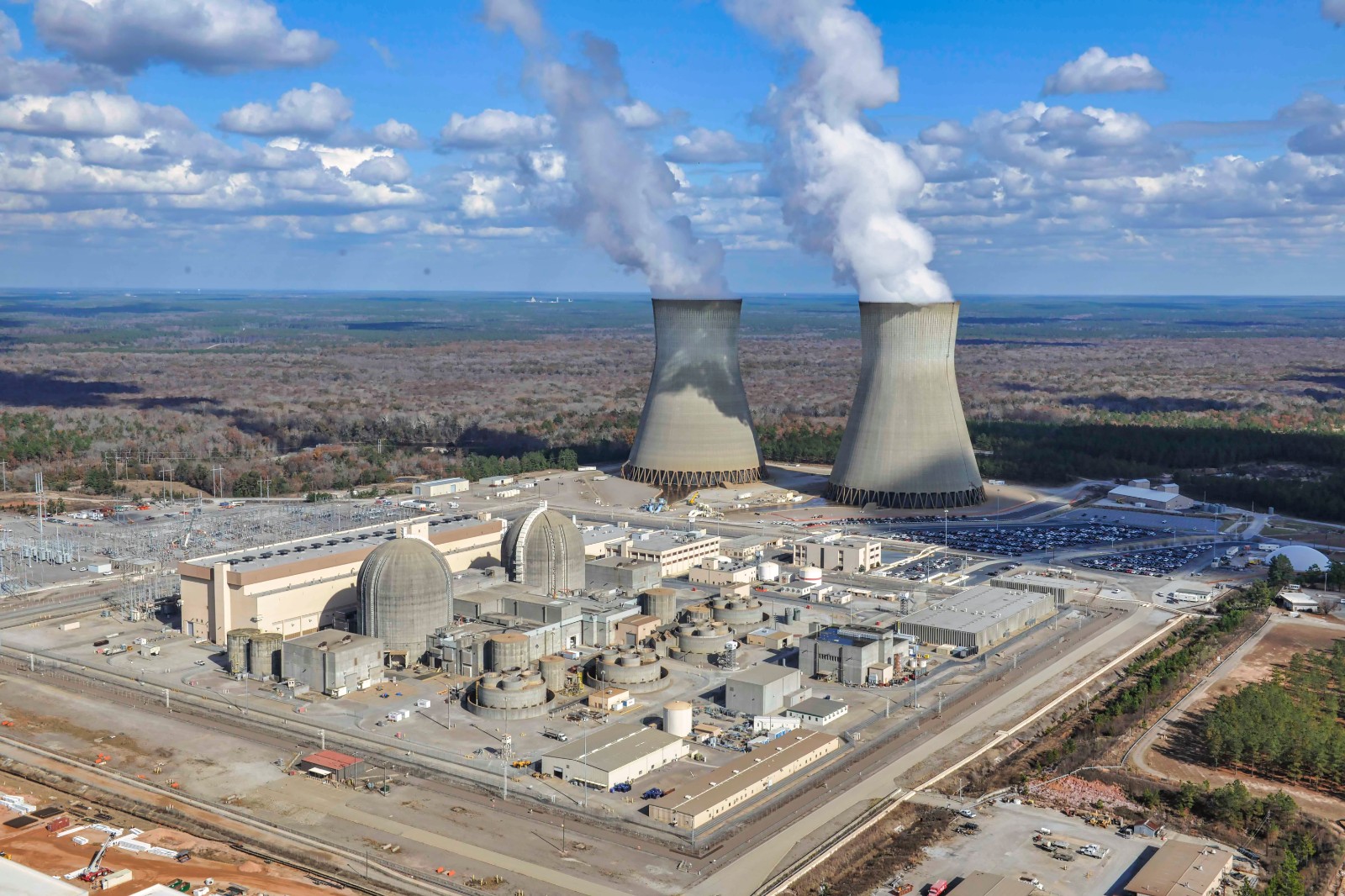The first location for the nuclear power plant is no longer controversial, with only the tight schedule causing sleepless nights for future builders. The competition for the second location is ongoing, as the focus shifts to reactor prices – writes Wojciech Jakóbik, editor-in-chief at BiznesAlert.pl.
- The parties are still in talks about the contract for the first NPP. The price of the power plant estimated so far will be roughly PLN 100 billion, of which as much as half could be provided by the Americans – writes Wojciech Jakóbik.
- On the web, one can find calculations that the expenditure on the construction and financing of two new AP1000 reactors at the Vogtle power plant in the USA is USD 34 billion, which at the current exchange rate would amount to PLN 133 billion. Originally it was supposed to be $ 12 billion-writes the author of the commentary.
- The fate of the atom may depend on the reassessment of the demand for the additional 3 GW at the second location of the nuclear power plant-he argues.
Poland and the USA collaborate in the energy sector smoothly, but when it comes to negotiations, twists and turns may occur. „Today, I am very clear with our American partners that we will only discuss the second location once we have calculated the energy mix, actual generation needs, and location requirements,” said Maciej Bando the Government Plenipotentiary For Strategic Energy Infrastructure.
„We want to build three to six nuclear reactors. We are ready, as US President Joe Biden said. In terms of cost and efficiency, this is the only option,” U.S. Ambassador Mark Brzezinski said at the inauguration of the Nuclear Energy Training Center a few days earlier.
The Plenipotentiary and the Ambassador represent two parties to negotiations on several topics at once. The parties are still in talks about the contract for the first NPP. The price of the power plant, estimated so far to be roughly at 100 billion zlotys, of which up to half could be provided by the Americans, may be even higher due to inflation and shifting costs in the price of energy caused by the contract for difference.
On the web, one can find calculations that the expenditure on the construction and financing of two new AP1000 reactors at the Vogtle power plant in the USA is USD 34 billion, which at the current exchange rate would amount to PLN 133 billion. It was originally supposed to be USD 12 billion. However, supply chain tensions and inflation have inflated the price. Meanwhile, Poland needs not two, but three AP1000 reactors in Pomerania and another three in the new location.
For this reason, the Americans want to win over Poles in the second location with the effect of scale, which was the argument used in the still existing Polish Nuclear Energy Program, which assumes one technology at both state-owned power plants. „The cost of our third reactor in China, compared to the first, was lower by 15 percent,” said Patrick Fragman, President of Westinghouse at a meeting with journalists in Poland.
Greater involvement of Polish companies in nuclear projects is also at stake. „We want most of the elements of the nuclear power plant to be built in Poland,” Joel A. Eacker, Westinghouse’s Vice President responsible for new projects and energy systems, said at the same meeting. In addition, the U.S. Department of Energy has pledged financial support for the emerging Regional Clean Energy Technology Training Center. It is intended to be a talent pool for numerous Westinghouse projects in the region. However, it is worth mentioning that the non-binding offer of the Americans in the Czech Republic was rejected as incomplete. Reportedly France’s EDF and the Korean KHNP offered more reactors at a lower price. Once again, the scale effect was supposed to come into play.
This does not mean that the Czech CEZ is no longer interested, but on the other side of the Tatras, tough negotiations are also underway. Poles are adding an assessment of demand to their considerations, which is to be carried out by Polskie Sieci Elektroenergetyczne under the leadership of the new president, Grzegorz Onichimowski. That’s what the Government Plenipotentiary for Strategic Energy Infrastrcuture meant. This means that the fate of the atom may depend on the reassessment of the need for an additional 3 GW at the second location of the nuclear power plant. However, it is worth repeating that the Energy Regulatory Office estimates the generation gap in Poland at less than 5 GW in 2034 and the ever-decreasing availability of available capacities independent of weather.
The choice of the location for the second nuclear power plant in the Polish Nuclear Energy Program is set for 2028.









